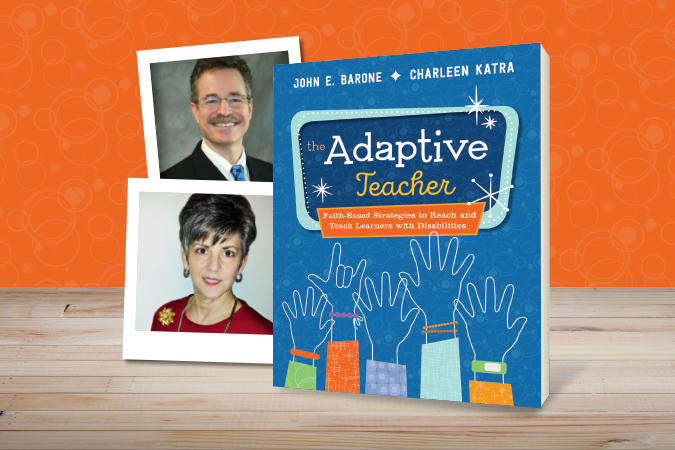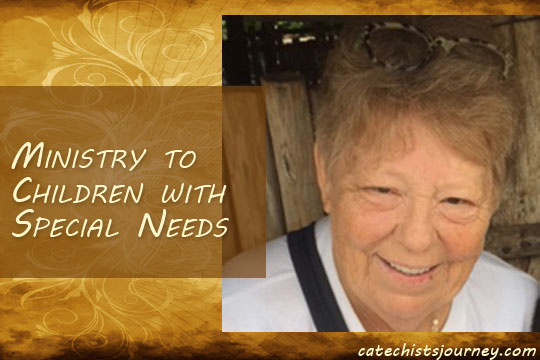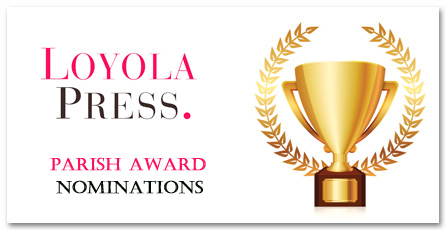Whenever I go out to eat with a group of people, I quickly scan the seating arrangements at the table and select a location that will be acceptable to me. No, I’m not looking for a place of honor at the head of the table! I’m looking for a location that will enable me to most effectively hear and enter into the conversation taking place. Why? Because I am hearing impaired. I have profound hearing loss in one ear and moderate hearing loss in the other (and yes, I wear hearing aids to address the loss). Unless I seat myself strategically, I find myself frustrated at my inability to hear and engage in normal conversation.
I’m not alone in this. Many people deal with disabilities of one kind or another. Throughout the year, many weeks or months are dedicated to raising awareness of the reality of these disabilities. For example, April is National Autism Awareness Month, May is Mental Health Month, and December 3 is the International Day of People with Disabilities, just to name a few. It just so happens that September is National Deaf Awareness Month.
As catechists, we encounter learners with all kinds of disabilities, and it is our job to ensure that they are fully included in the faith formation experiences we facilitate. With that in mind, I am very excited to share with you news of a new book that I highly recommend: The Adaptive Teacher: Faith-Based Strategies to Reach and Teach Learners with Disabilities by John E. Barone and Charleen Katra. This book will teach you how to maximize the effectiveness of your lessons with concrete strategies you can implement in your learning environment immediately in order to benefit all learners. I have such great respect for the authors of this book, John E. Barone and Charleen Katra, who bring over 40 years of combined experience working with people with disabilities. As a result, they have written a book that will serve as a guide for teachers and catechists, addressing crucial topics that will enrich the scope and reach of your teaching. This book provides the tools to
- foster a welcoming environment for everyone;
- understand the specific needs of learners with disabilities;
- adapt your teaching approach for the benefit of all;
- develop effective communication strategies;
- help learners build confidence, independence, and ownership.
Beyond the wealth of practical knowledge, The Adaptive Teacher’s overarching philosophy is firmly planted in the Good News, teaching that every person belongs in God’s family, and each is a reflection of his love.
This book will go a long way toward helping us welcome all of God’s people to encounter the abundant grace that comes to us through Jesus Christ!






This is such a practical book! It’s packed with best practices you can use right away.